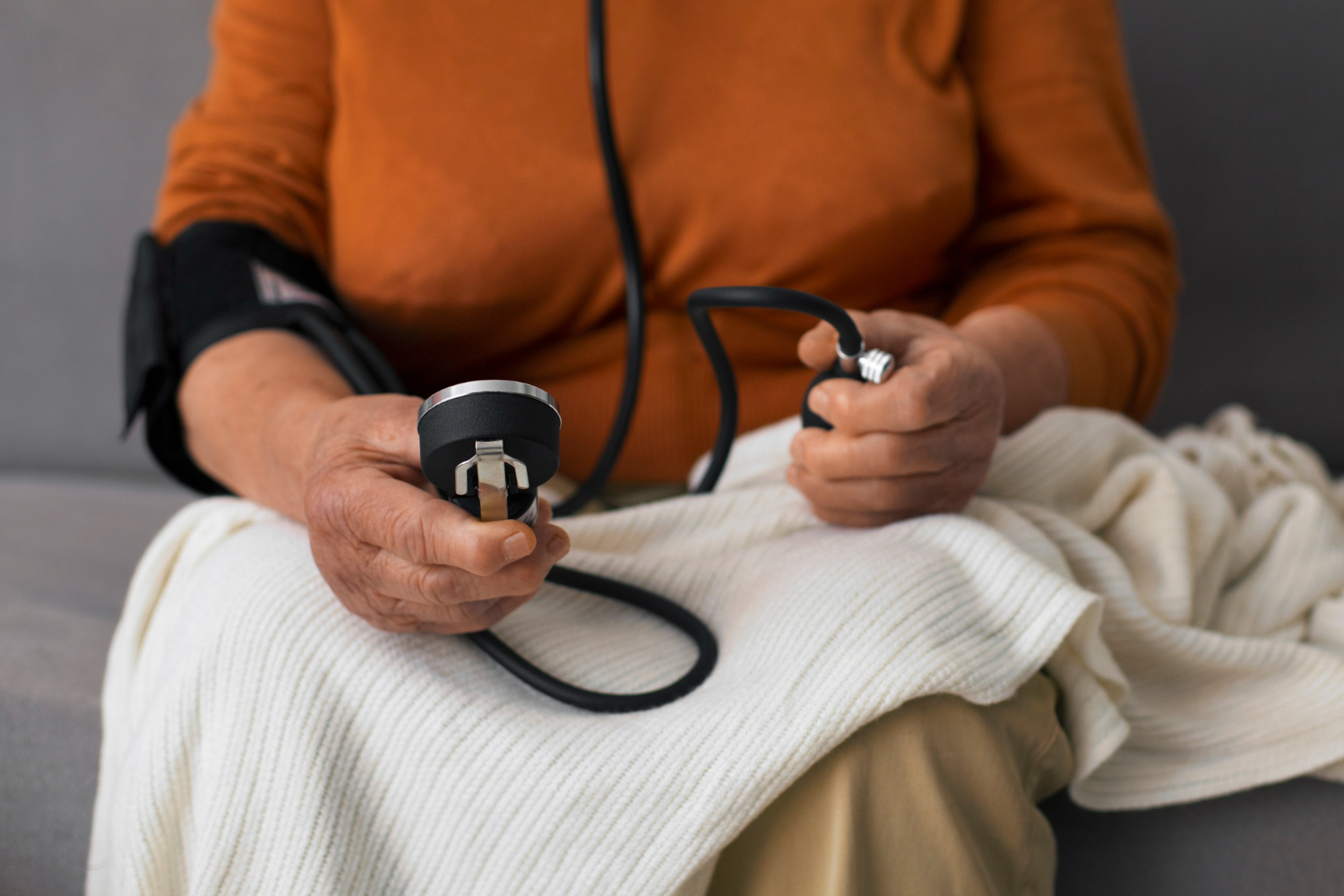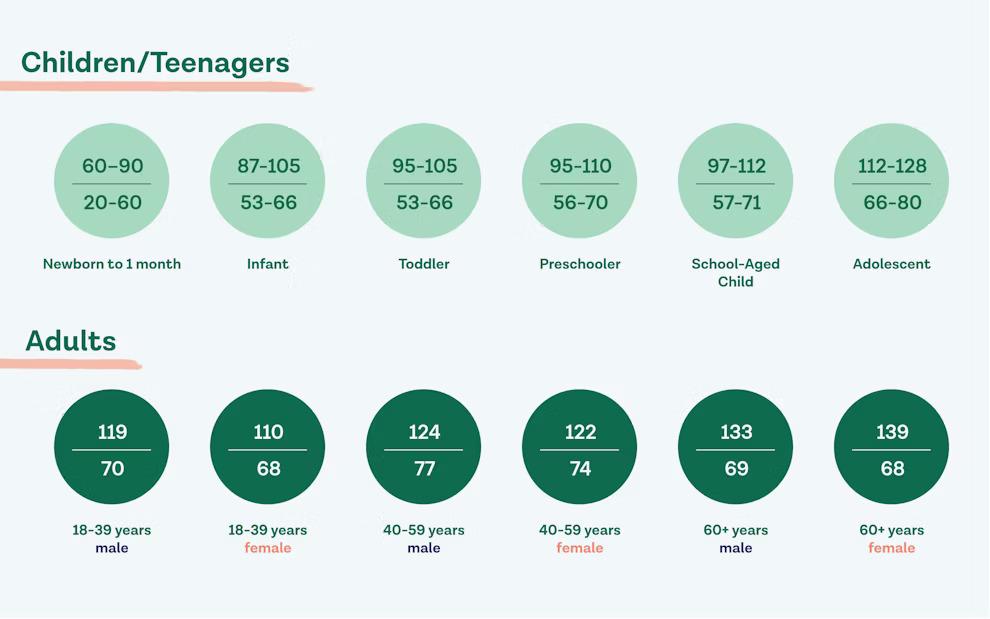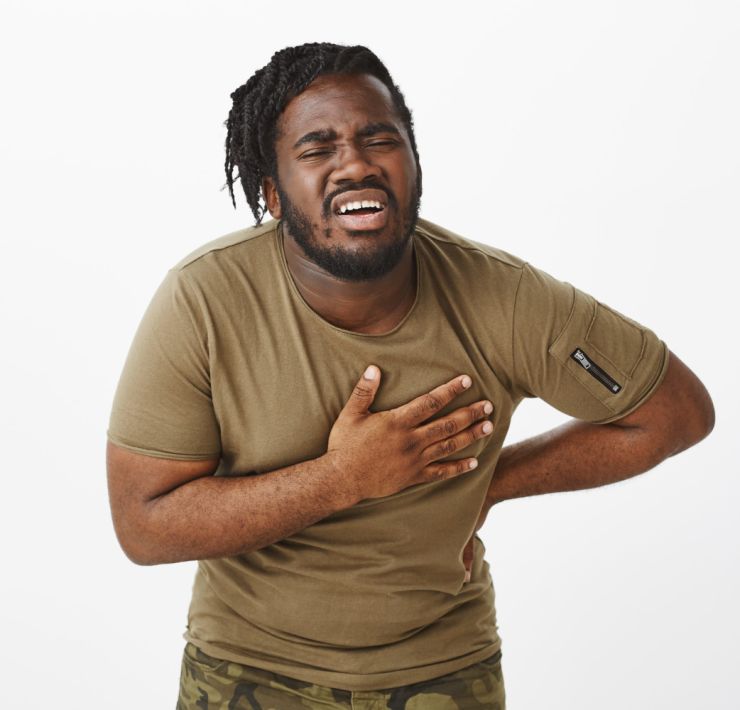The Silent Health Risk You’re Constantly Overlooking
- When we hear of deadly diseases, we immediately think of cancer, HIV, or diabetes. But there’s another silent threat that affects millions worldwide.

Did you know there’s a health risk you might be overlooking? One that claims almost as many lives as cancer does and affects all ages. When we hear of deadly diseases, we immediately think of cancer, HIV, or diabetes. But there’s another silent threat that affects millions worldwide.
Let’s do the math:
Table of Contents
According to the World Health Organization (WHO):
- Cancer claimed almost 10 million lives in 2022.
- HIV took 630,000 adult lives in 2023.
- Diabetes and kidney disease caused over 2 million deaths in 2021.
But this “silent killer” takes roughly 8 million lives every year, almost matching cancer’s deadly toll.
And in 2023, the WHO reported that between now and 2050, a shocking 76 million more lives could be lost if we don’t raise awareness.
You must be wondering what I’m talking about, right? This invisible threat I’m referring to is hypertension, or high blood pressure.
But Why Is Hypertension So Deadly?
Hypertension is often symptomless until it’s too late. So many lives are lost suddenly, and countless others suffer serious complications.
It’s often overlooked because it doesn’t cause daily discomfort like other health issues. Blood pressure spikes, and before you know it, a death is recorded.
It’s time to pay attention!
Who Can Be Affected By Hypertension?
A common misconception is that only older people are at risk of hypertension. Well, here’s a surprising fact:
According to an analysis done by the Centers for Disease Control and Prevention (CDC):
- 1 in 25 youths aged 12-19 suffers from hypertension.
- 1 in 10 youths has blood pressure higher than normal.
And these numbers increase each year. Young people are not exempted.
This is one of the main reasons it is ignored: the “blissful” ignorance of thinking it is not an issue for you.
Hypertension doesn’t discriminate by age—it can affect anyone, young or old.
We can no longer remain blindsided by this.
What Causes Hypertension?
Hypertension can result from various factors. Some of these are well within our control, and others are a bit more challenging to manage:
- Age: As we age, blood vessels lose elasticity, making it easier for blood pressure to rise. While age increases the risk, younger people aren’t immune, as multiple factors contribute to blood pressure levels.
- Genetics: A family history of high blood pressure doubles the risk of developing it. This hereditary factor emphasizes the importance of regular monitoring.
- Unhealthy Eating Habits: Diets high in saturated fats, trans fats, and salt can cause cholesterol build-up and fluid retention, raising blood pressure by restricting blood flow and increasing strain on the circulatory system.
- Physical Inactivity: Exercise strengthens the heart, lowering blood pressure. A sedentary lifestyle, on the other hand, can lead to higher blood pressure levels.
- Excessive Alcohol Consumption: Alcohol triggers hormones that constrict blood vessels, raising blood pressure. Moderation is key, as overconsumption puts significant strain on your cardiovascular system.
- Smoking: Nicotine, contained in cigarettes, narrows and hardens arteries, making blood flow more difficult. Over time, smoking raises blood pressure and increases the risk of cardiovascular issues.
- Lack of Sleep: Quality sleep is vital for maintaining healthy blood pressure. During restful sleep, blood pressure naturally dips by around 10% (this is called nocturnal dipping). Without sufficient sleep, this dip doesn’t happen, leading to higher blood pressure.
Understanding these causes properly is the very first step—and maybe the most important step—to managing and preventing hypertension.
By making conscious lifestyle changes, we can reduce the risk of developing this “silent killer.”
How Can You Reduce The Risk Of Falling Victim To This Silent Killer?
Preventing hypertension starts with taking conscious and proactive steps in your day-to-day life.
Here are some of those steps:
- Monitor Blood Pressure: Regularly check your blood pressure, and invest in a home monitor. Your health is worth every penny.
- Listen to Your Body: If you experience persistent symptoms like chest pain, shortness of breath, or severe headaches, don’t wait—seek medical attention immediately.
- Stay Active: Physical activity strengthens your heart. This significantly lowers blood pressure. So try to hit that gym, do those home exercises, or walk more often.
- Eat Heart-Healthy Foods: Limit sodium intake and eat foods rich in potassium and magnesium (e.g., bananas, spinach (Efo), tomatoes, dairy).
- Maintain a Healthy Weight: Keep your weight and cholesterol in check to reduce strain on the heart and hypertension risks.
- Limit Alcohol: Drink in moderation—excess alcohol can raise blood pressure.
- Quit Smoking: Smoking increases hypertension and heart disease risks, so avoid this deadly habit at ALL COSTS.
- Manage Stress: Practice relaxation techniques to help lower blood pressure. Make sure to keep yourself calm, breathe, and take things slow.
- Prioritize Sleep: Quality sleep not only helps your mood and mind but also helps regulate blood pressure naturally.
- Enjoy Some Dark Chocolate: You heard me right. Dark chocolate contains flavonoids that can improve blood flow and lower blood pressure.
What Is The Ideal Blood Pressure Range?
You can’t maintain healthy blood pressure without knowing what that is.
The ideal blood pressure is 120/80. But for most people, the goal is keeping it below 140/90 because, according to the WHO, hypertension is diagnosed when blood pressure is at 140/90 for two consecutive days.
- Stage 1 hypertension: 130-139/80-89
- Stage 2 hypertension: 140/90 or higher
- Hypertensive crisis: 180/120 or higher — this is a medical emergency, and you should see a doctor immediately!
It may also vary slightly with age, so here’s a chart to guide you:

Conclusion
Hypertension is a health risk we need to bring more awareness to. Remember the death toll I mentioned at the beginning? It’s far too high for something that could easily be controlled.
Let’s take action now. Be mindful. Listen to your heart. Your family will thank you. Your heart will thank you. And most importantly, you’ll thank yourself.
Don’t wait—get your blood pressure checked today and take control of your health before it’s too late.
Are you going to get your blood pressure checked today?




















